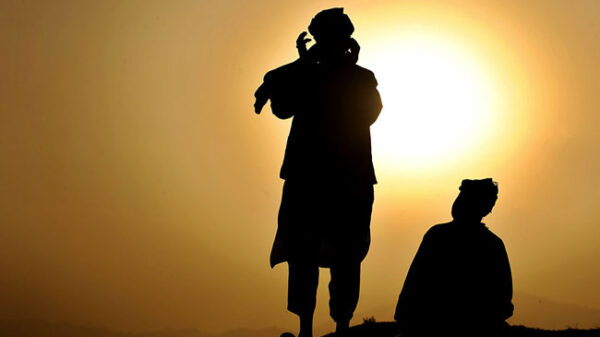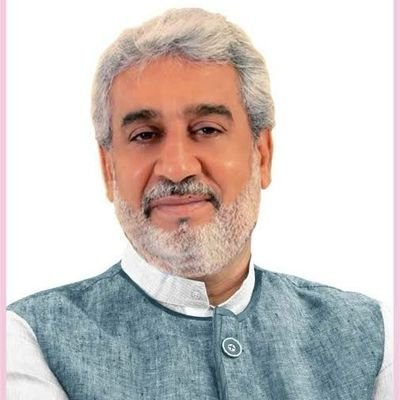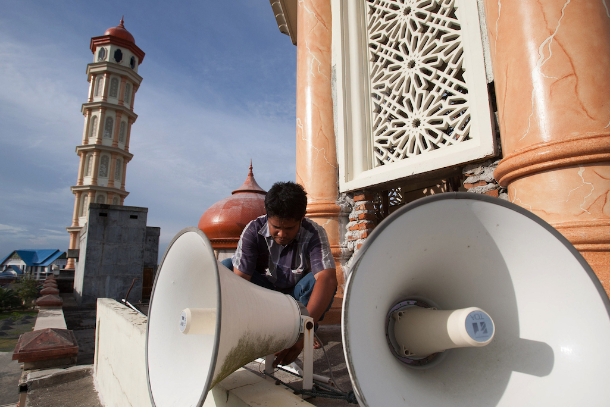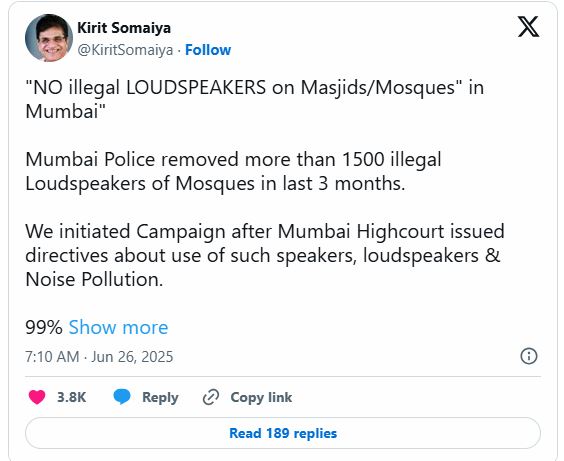Mumbai Mosques Replace Loudspeakers With Mobile App Amid Allegations of Targeted Crackdown

After losing their loudspeakers to police crackdowns, many Mumbai mosques are now turning to technology to continue broadcasting the Islamic call to prayer. A Tamil Nadu-developed mobile application, “Online Azaan,” is fast becoming an alternative, allowing mosques to stream live Azaan directly to worshippers’ phones five times a day.
This shift to digital prayer calls comes amid intensifying controversy and legal disputes. Following a January 2025 ruling by the Bombay High Court that loudspeakers are “not an essential part of any religion,” and must conform to prescribed noise limits—55 decibels during the day and 45 at night—Mumbai police launched a sweeping removal campaign. Over 1,500 loudspeakers have been taken down in just three months.
Former BJP MP Kirit Somaiya claimed credit for the crackdown, stating on X, “We initiated [the] campaign after Mumbai High Court issued directives… 99% masjids/trustees have never obtained, applied for loudspeakers permission till High Court order.” He added that since the police action, “more than 600 masjids and trustees have applied for permission and police have allowed box speakers.”
Yet Muslim leaders say the police response has been arbitrary and discriminatory. “They mentioned a court ruling,” said Imran Qureshi, a mosque committee member, “but it only limits volume — it doesn’t ban the call to prayer.” Qureshi added that he refused to remove his mosque's loudspeaker because officers presented no written order.
Mosque trustees argue that their equipment complies with decibel limits and that the police failed to follow due process. Yusuf Ansari of the Hazrat Khwaja Garib Nawaz Maharashtra Committee said, “If the mosques continue to break the rules after the notice and penalty, the loudspeakers can be seized.
However, there are complaints that the police are seizing the equipment without following the procedure.” According to Ansari, "An average azaan lasts between three and five minutes," and in most areas, mosques are careful not to disturb nearby non-Muslim communities.
A writ petition filed by five Muslim religious institutions in the Bombay High Court accuses police of issuing verbal threats without legal documentation. In working-class Govandi, over 200 imams gathered to protest, with legislator Abu Asim Azmi urging them not to comply without official paperwork.
 Yusuf Abrahani, former Congress MLA and Samajwadi Party's Working President, described the actions as illegal. “The law applies to everyone, but only Muslims are being targeted. Footpaths are occupied during Holi, Ganeshotsav, and Diwali,” he noted. He emphasized that Muslims have been complying by keeping sound levels within legal limits.
Yusuf Abrahani, former Congress MLA and Samajwadi Party's Working President, described the actions as illegal. “The law applies to everyone, but only Muslims are being targeted. Footpaths are occupied during Holi, Ganeshotsav, and Diwali,” he noted. He emphasized that Muslims have been complying by keeping sound levels within legal limits.
In these tensions, the “Online Azaan” app—developed years ago in Tamil Nadu—offers a workaround. It broadcasts live Azaan from registered local mosques and is free to use on both Android and iPhone platforms. Mahim Juma Masjid is among those that have adopted the system with support from Tamil Nadu-based tech volunteers.
The app stands apart from existing recorded Azaan apps, as it allows users to hear live prayer calls from their chosen mosque. “Offering prayers five times a day is obligatory,” community leaders say, “but broadcasting the Azaan over loudspeakers is not mandated by religious law.” They see the app as a practical solution to continue religious practices without breaching the court order.
Still, not all are ready to fully replace tradition with tech. In Chunabhatti, police registered an FIR against two trustees of the Anjuman Shahe Alam Madarsa for using loudspeakers without renewed permission. 
The incident, documented in an FIR, reportedly violated the High Court's directive, despite prior written warnings issued in March. Both Salim Aziz Shah and Taufiq Zainuddin Shah now face charges under the Noise Pollution Rules and Bharatiya Nyaya Sanhita (BNS) Act.
Meanwhile, Somaiya continues to push for enforcement, using RTI filings to track mosque compliance. His latest claims list dozens of mosques from areas like Ghatkopar, Mulund, Mankhurd, and Bhandup that have faced action.
But critics argue this selective targeting reflects broader religious bias under the current BJP-led government. Maulana Abdur Rehman Ziyahee accused authorities of collaborating with BJP politicians to pressure Muslims, saying the campaign is “politically driven.”
As the legal battle unfolds and community tensions simmer, Mumbai’s Muslims are cautiously embracing digital alternatives, seeking ways to preserve religious expression while navigating increasingly constrained civic space.





